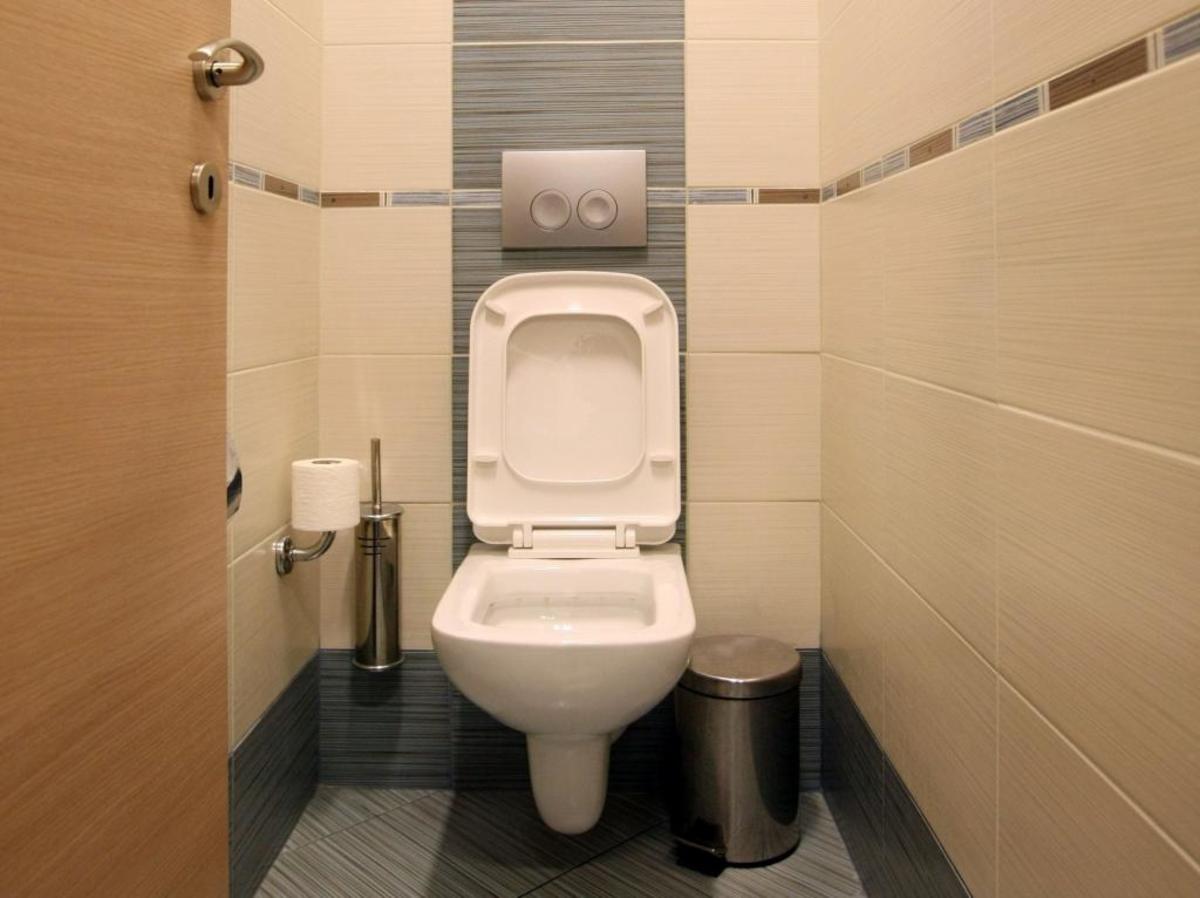No indication of airborne transmission coronavirus in public toilets, while the possibility of contamination from surfaces is small, as long as the necessary hygiene measures are observed. This is reported by a new scientific study, led by a Greek scientist of the Diaspora, published in the journal “Science of Total Environment.
The researchers, led by Sotiris Vardoulakis, a professor of environmental health at the Australian National University, analyzed 38 studies from 13 countries, published between 2000-2020. The research concerned the possibility of transmission of viruses and bacteria in public toilets through various routes (air inhalation, touching surfaces, etc.) between them and the coronavirus.
As stated by Dr. Vardoulakis, “we did not find any evidence of airborne transmission of pathogenic microorganisms, including Covid-19, in public toilets. The risk of Covid-19 getting stuck in a public toilet is small if people have good hand hygiene and the toilet itself is well cleaned. People are worried about using public toilets during the pandemic, but if one minimizes the time spent in them, washes and dries hands regularly, does not use his mobile phone, does not eat or drink in the toilet, then the use of the latter is a small risk “.
“Findings from other studies show that airborne transmission is a potential route for Covid-19 transmission. But we found no evidence of this in the public toilets studied during the first year of the pandemic. There are several reasons why the risk is small: people do not spend much time in the bathroom and do not interact with others. More importantly, the aerosols that one inhales when pulling the cistern come from one’s own secretions. “The risk of infection from the secretions of others is not great, as long as people wash their hands and the bathroom is cleaned and properly ventilated,” he added.
The study found that hospitals in England, Italy, China and Singapore found traces of coronavirus on toilet surfaces, mainly on their doors, basin lids, sinks and faucets. However, Vardoulakis pointed out that “infection is something different from transmission. Indeed, we have found that surfaces in public toilets can be contaminated with bacteria and viruses. However, if the hygiene of the hands is effectively observed and the toilets are cleaned, the risk is minimized “.
Vardoulakis studied Physics at the University of Athens (1996), did postgraduate studies at Imperial College London (Master in Environmental Technology) and at the University of Greenwich where he received his PhD in air quality. He currently teaches environmental health and leads a research team at the National Center for Epidemiology and Population Health at the Australian National University.
With information from ΑΠΕ-ΜΠΕ
READ ALSO
